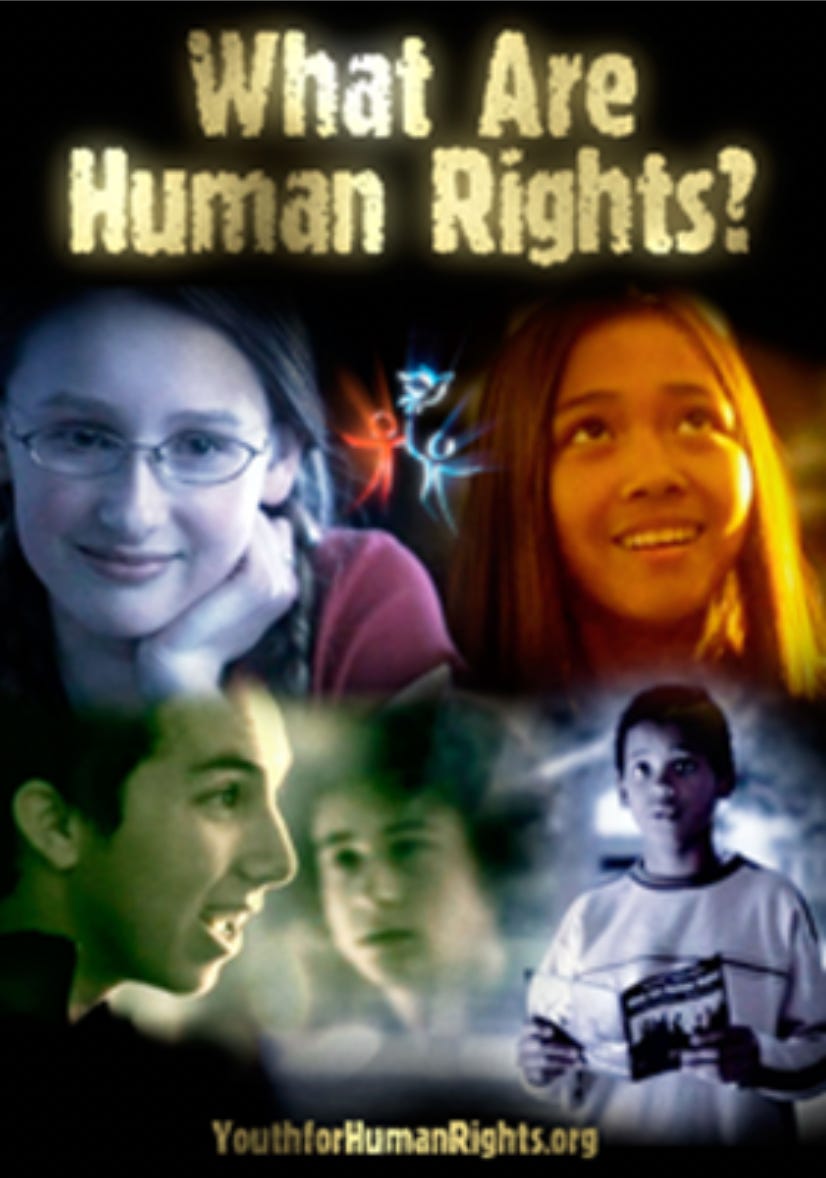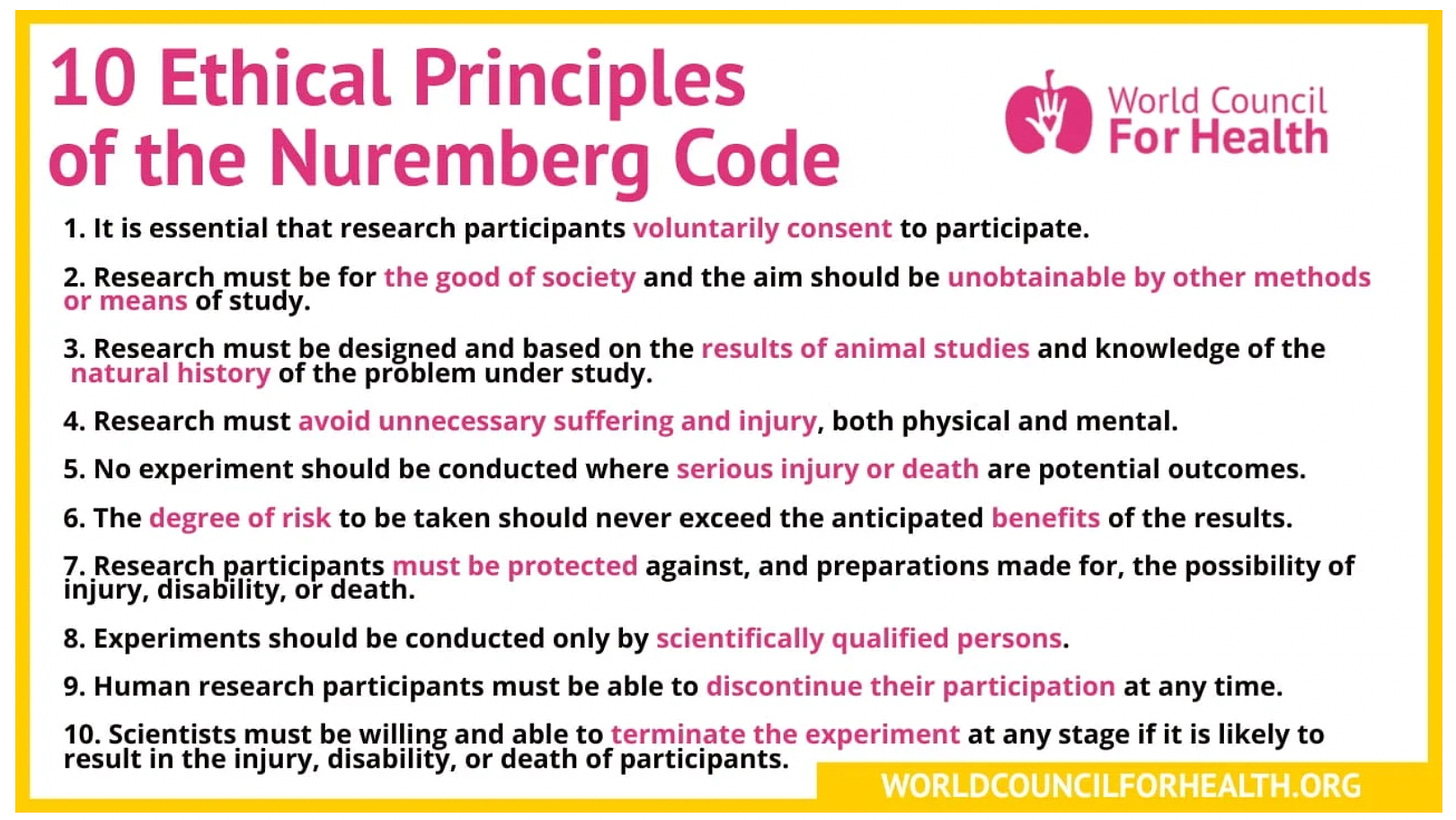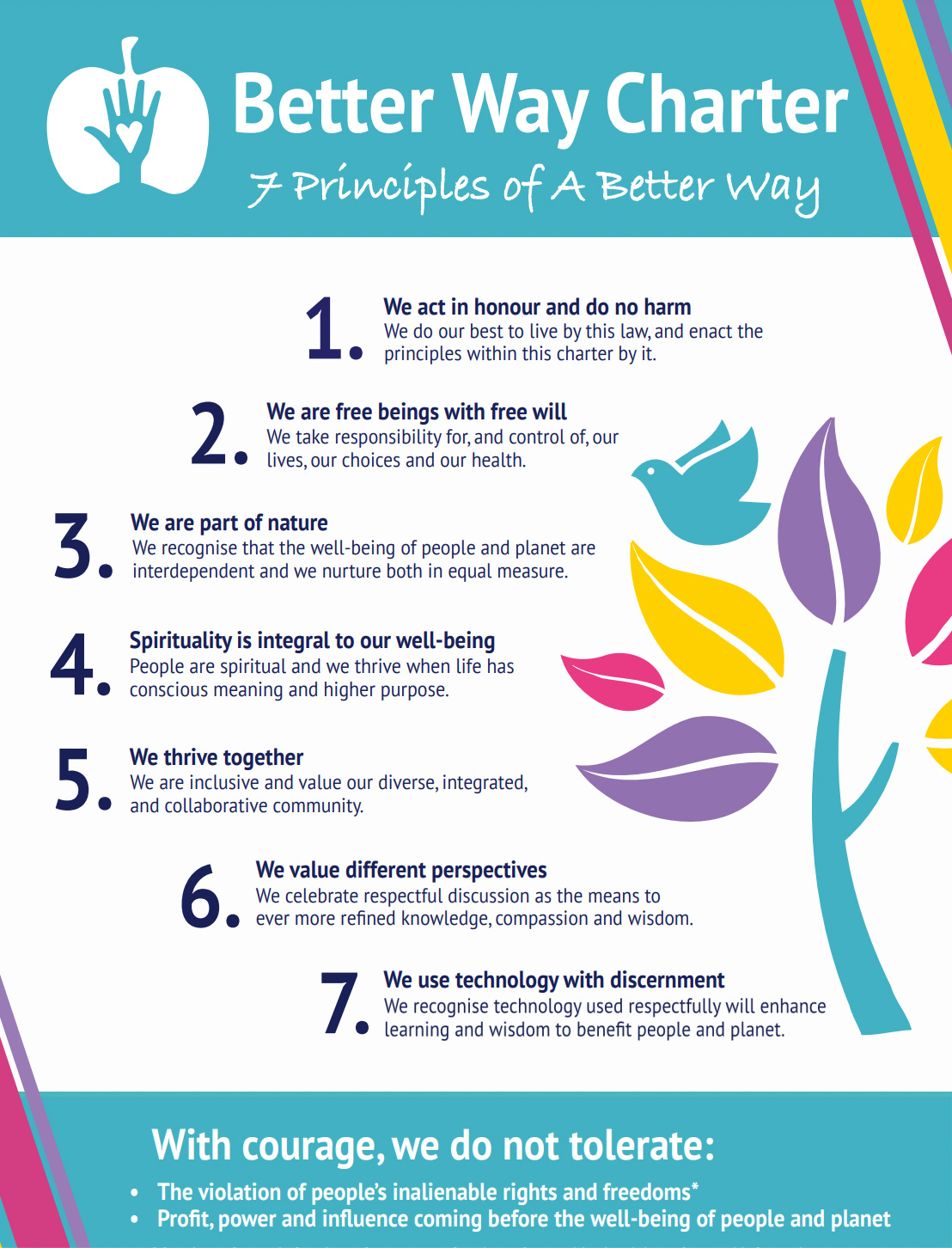Do You Know Your Human Rights?
A timely question with the 55th Regular Session of UN Human Rights Council underway.
What is the Human Rights Council?
This is what the HRC says about itself:
The Human Rights Council is the main intergovernmental body within the United Nations responsible for human rights. Established in 2006 by the General Assembly, it is responsible for strengthening the promotion and protection of human rights around the globe.
The Council, composed of 47 Member States, provides a multilateral forum to address human rights violations and country situations. It responds to human rights emergencies and makes recommendations on how to better implement human rights on the ground.’ UN HRC website.
What the Council alleges to do
Serves as an international forum for dialogue on human rights issues with UN officials and mandated experts, states, civil society, and other participants;
Adopts resolutions or decisions during regular sessions that express the will of the international community on given human rights issues or situations. Adopting a resolution sends a strong political signal which can prompt governments to take action to remedy those situations;
Holds crisis meetings known as special sessions to respond to urgent human rights situations, 36 of which have been held to date;
Reviews the human rights records of all United Nations Member States via the Universal Periodic Review;
Appoints the Special Procedures, independent human rights experts who serve as the eyes and ears of the Council by monitoring situations in specific countries or by looking at specific themes; and
Authorizes commissions of inquiry and fact-finding missions, which produce hard-hitting evidence on war crimes and crimes against humanity.
The Universal Declaration of Human Rights
The Universal Declaration of Human Rights was created in 1948 by the United Nations. I encourage you to visit the website www.youthforhumanrights.org from whence this summary of the 30 human rights included in the UN’s declaration is derived:
We are all born free and equal.
We have the right not to be discriminated against.
We have the right to life, and to live in freedom and safety.
Nobody has the right to make us a slave.
Nobody has the right to hurt us or torture us.
We have rights no matter where in the world we go.
We are all equal before the law.
Our human rights are protected by the law.
Nobody should be subjected to arbitrary arrest, detention or exile.
We have a right to an independent and impartial public trial.
We are always innocent until proven guilty.
We have a right to privacy. Nobody has the right to come into our home or bother us or our family.
We are free to move and travel as we wish.
We have the right to see a safe place to live.
We have a right to belong to a country.
Everyone has the right to marry and have a family. Men and women have the same rights.
Everyone has the right to own things and nobody should take our things from us.
We have the right to freedom of thought.
We have the right to freedom of expression, to make up our own minds, to think what we like, to say what we think, and to share our ideas with other people.
We all have the right to public assembly, to meet our friends and to work together to defend our rights.
We all have the right to take part in the governance of our countries.
We have the right to housing, medicines, and enough money.
We have the right to work.
We have the right to rest and relax.
We have the right to food and shelter.
Education is a right.
Copyright is a special law that protects one’s artistic creations and writings.
We have the right to live in a free and fair world.
We have a duty to other people and should protect their rights and freedoms.
No one can take away our human rights.
In need of an overhaul?
Reading this 1948 list of human rights, to me, it certainly does seem that the 1948 Universal Declaration of Human Rights is due for an overhaul, not least because the authorities and governments do not appear to be heeding any of it. In fact, they seem to be the main violators!
Similarly, in the COVID era, the Ethical Principles of the Nuremberg Code published in the same year have also been tragically ignored .
Do we need a UN Human Rights Council?
To be useful in the 21st century, this 1948 Universal Declaration of Human Rights is clearly missing some important items, such as the right to refuse medical interventions, the right to a free and equal information ecology, and the right to give free and informed consent.
But most importantly it is missing the men and women to action and live these rights and freedoms, and to teach the children.
As noted by the World Council for Health’s Legal Brief ‘Preventing abuses of public health emergencies, … the widespread misuse of emergency measures during the course of the COVID-19 pandemic has confirmed the view that, de facto, there “are no ultimate institutional safeguards available for ensuring that emergency powers be used for the purpose of preserving the Constitution. The only thing that can guarantee this is the people’s own knowledge of the law, proactive legal action, and their determination to ensure that their governments do not abuse their discretionary power by imposing self-serving, biased, or arbitrary limitations on fundamental human rights.
So it is time to ask ourselves, do we need a longer list of human rights? Or perhaps it is additional rules and regulations to prevent abuse of human beings that is needed?
Personally, I feel that neither would be helpful.
As I write this, as mentioned already, the Human Rights Council - the institution with individuals paid and entrusted to monitor and prevent human rights violations around the world - is having its 55th Regular Session. Over the past four years it has succeeded in ignoring human rights violations, suffering and deaths of unprecedented scale due to WHO’s ill-advised COVID-19 strategies and injections. Not a word of these have been spoken in the hallowed UN HRC halls dedicated to human rights lip service.
How does this list of human rights fit with being free and sovereign?
Just as no amount of manmade rules and regulations can ensure that unelected or elected officials will do their job and serve the people, no amount of lists and bullet points can ensure that human beings remain sovereign and free.
So it is up to us to do so, by becoming sovereign and free.
There’s a better way!
In conclusion, now is the time to remember who we are as human beings. Now is the time to reject the rules and regulations, documents and declarations, that bind us. Now is the time to learn what it means to be truly free.
You may find the World Council for Health’s Better Way Charter below a useful guide to navigating the human path towards freedom.
It’s available to download here in 20+ languages.
Meanwhile, I’ll leave you to ponder how many of the 30 Human Rights on the UN’s Declaration were violated during COVID. I look forward to reading your comments and examples in the comments!
Value exchange
The World Council for Health is a grassroots coalition of over 230 organisations in 55 countries. We are on a mission to serve Humanity. Help us create a better world for your children by making it your mission to fund us. All proceeds from subscriptions to this Substack go to the work of the World Council for Health. You can also make a one-off donation or become a regular monthly donor in 2024 to support our expanding WCH team and humanitarian work.







That whole Declaration of Human Rights from 1948 was run through the paper shredder with covid the bioweapon.
Shared with the caption " Say no to WHO, Say Yes for Tess".